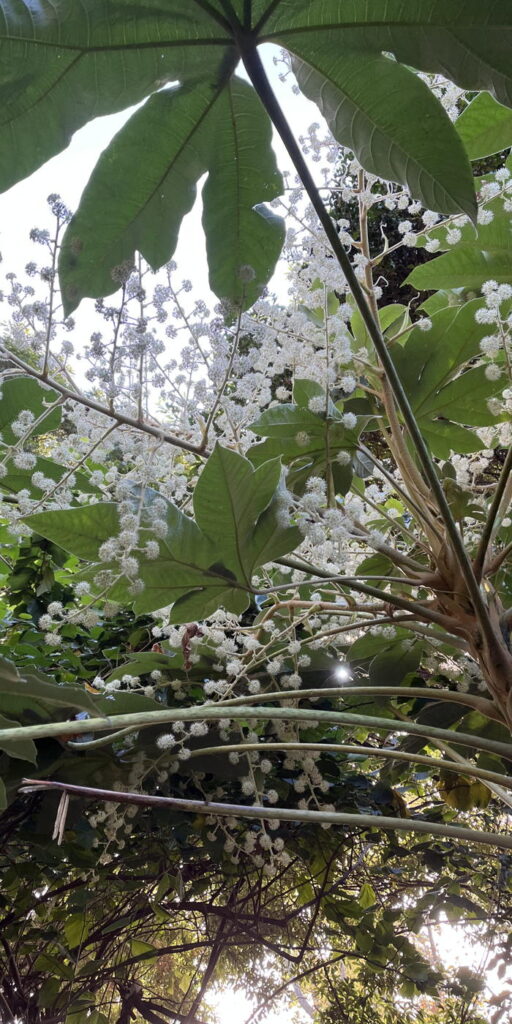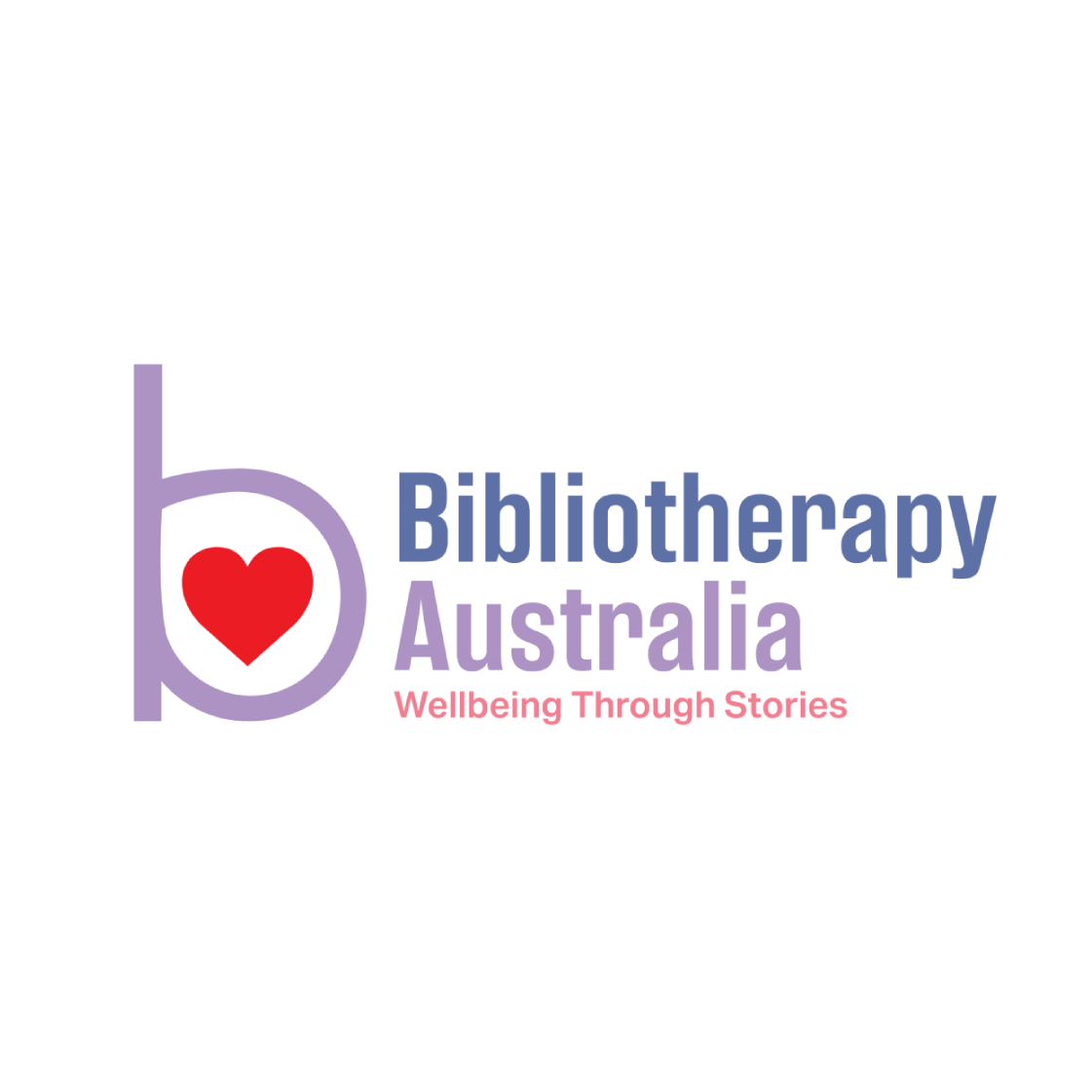 Recommendations from readers for readers.
Recommendations from readers for readers.
A journal of the plague year, Daniel Defoe. I’ve been fascinated to read books which put a lie to the notion that we’re living in ‘unprecedented’ times. What we’re going through might be unprecedented in terms of our own personal experiences, but reading a few histories of human societies and what human beings do in times of upheaval and crisis shows patterns and resonances I’m feeling vaguely comforted by. First published in 1722, this is available as an EBook the Project Gutenberg.
Akarnae, Lynette Noni – totally for escaping, fantasy, adventure, good for year 7 plus readers.
All I really need to know I learned in kindergarten: uncommon thoughts on common things, Robert Fulghum. This work is full of beautiful, quirky and funny stories that shine a light on life in a humble, gentle and enjoyable way. It reminds us of what it’s like to be human.
Back from the brink, Graeme Cowen. Three different Back from the Brink titles to support overcoming depression and building resilience and wellbeing. Graeme Cowen is Board Director of R U OK?.
Change me prayers, Tosha Silver. I read this when I need hope. Some inspiration from the book include learning that ego is just an old pattern rather than certain outcome, though it can seem like it (through a thing called cognitive bias). Tosha offers a complement to meditations.
Complete self-help for your nerves, Claire Weeks. I recommend this book or any book by Claire Weeks. This one is a doctor’s advice in layman’s language, showing how she coped with anxiety, panic attacks and agoraphobia.
David Sedaris short stories,(any) – Crafted around family relationships and everyday experiences, these stories are a reminder that deep down we all feel like misfits and sibling rivalry is ageless. It’s so enjoyable to share humour around our fallibilities and vulnerabilities.
From surviving to thriving, Pete Walker. Because maybe you wake up at night and you want to do something about it that isn’t sleep medication. You read this and you learn that your panic and worries during the day could also be explained by something called complex PTSD – lots of trauma and neglect experiences that add up to a generalised pattern. I think this applies to most of us who live (and/or grew up in) in a tough family/neighbourhood/school/job. Pete offers ideas and practices to calm the deeper patterns at work. I have had his book by my bedside for the last 6 years or so! It’s one of the first books I open if I wake up panicked. It calms me down most of the time on its own.
Full catastrophe living: using the wisdom of your body and mind to face stress, pain, and illness, Jon Kabat-Zinn. Kabat-Zinn’s techniques really work to help you clear the mind and find a deep sense of calm.
Heal your body and you can heal your life, Louise Hay. I use this book when I need positive reassurance; when I need hope.
How to know higher worlds, Rudolf Steiner. This book goes in depth into how to achieve esoteric understanding, but the first three chapters offer indications of how to become a much more effective human (if, like me, you think knowing higher worlds may not be your task this time around!). It’s available free online, if you search for the PDF.
It’s here now, are you? Bhagavan Das. When your life seems extreme, and on the edge, it can be very healing to read inspiring material and meditation practices from cultures that have refined them over millennia. This is written from a western standpoint. It helps me get a better perspective when I think the world is awful.
Letters of the scattered brotherhood, edited by Mary Strong. Written during the Second World War, these short letters are dated in language and Christ-based in focus, but incorporate other traditions and offer encouragement during crisis. They have an odd provenance, being anonymous letters to a journal for Anglican clergy ‘The Churchman’, but they offer deep encouragement.
Memoirs of extraordinary popular delusions and the madness of crowds, Charles Mackay. A fascinating early study of crowd psychology through history. I’ve been fascinated to read books which put a lie to the notion that we’re living in ‘unprecedented’ times. What we’re going through might be unprecedented in terms of our own personal experiences, but reading a few histories of human societies and what human beings do in times of upheaval and crisis shows patterns and resonances I’m feeling vaguely comforted by. Published in 1852, this is available as an EBook the Project Gutenberg.
Proust and the squid, Maryanne Wolf. Lovely reassuring company in troubled times. This may not sound like a book to help us cope, but if taking a step back and trying to see yourself and those around you in a perspective of a bigger, longer continuum of history, rather than getting snarled up in bafflement over the rise of the likes of QAnon, helps rather than hinders, then that’s what I’m coping with!
The great derangement, Amitav Ghosh. Is keeping my mind on how we think through intimations of an apocalypse. This may not sound like a book to help us cope, but if taking a step back and trying to see yourself and those around you in a perspective of a bigger, longer continuum of history, rather than getting snarled up in bafflement over the rise of the likes of QAnon, helps rather than hinders, then that’s what I’m coping with!
The power of now, Ekhard Tolle. A reminder to stop worrying about things that have not happened yet and not to live in the past, learn from it and move forward and stay in the present.
The power of soul, Robert Sardello. Taking the virtues outlined briefly by theosophist Annie Blavatsky and by Rudolf Steiner, Sardello uses a phenomenological approach to examine virtues in a way that shifts them way beyond piety or fixed notions. He casts them as dynamic movement between polarities. This book was written in the wake of the experiences of September 11, 2001 in the United States.
The silence of the girls, Pat Baker – coping in adversary and the power of women.
The storytelling animal, Jonathon Gottschall. Lovely reassuring company in troubled times. This may not sound like a book to help us cope, but if taking a step back and trying to see yourself and those around you in a perspective of a bigger, longer continuum of history, rather than getting snarled up in bafflement over the rise of the likes of QAnon, helps rather than hinders, then that’s what I’m coping with!
The therapeutic aha! Courtney Armstrong. This is aimed at therapists, but if you have a bit of background you can apply it to yourself. It works wonders to calm me down.
The way of transformation: spiritual practice in daily life, Karlfried Graf von Durckheim. The author is a bit of a perfectionist, and has a somewhat-dubious background, so I take some of those elements lightly, and the language is also dated, but his encouragement to see all of life as an opportunity to achieve transformation is truly encouraging.
Thriving naturally, Graeme Cowen. This book is at the forefront of research around what is needed in the rapidly changing world of work—thought-provoking in this time of profound change and transition back to the office ahead. Graeme Cowen is Board Director of R U OK?.
